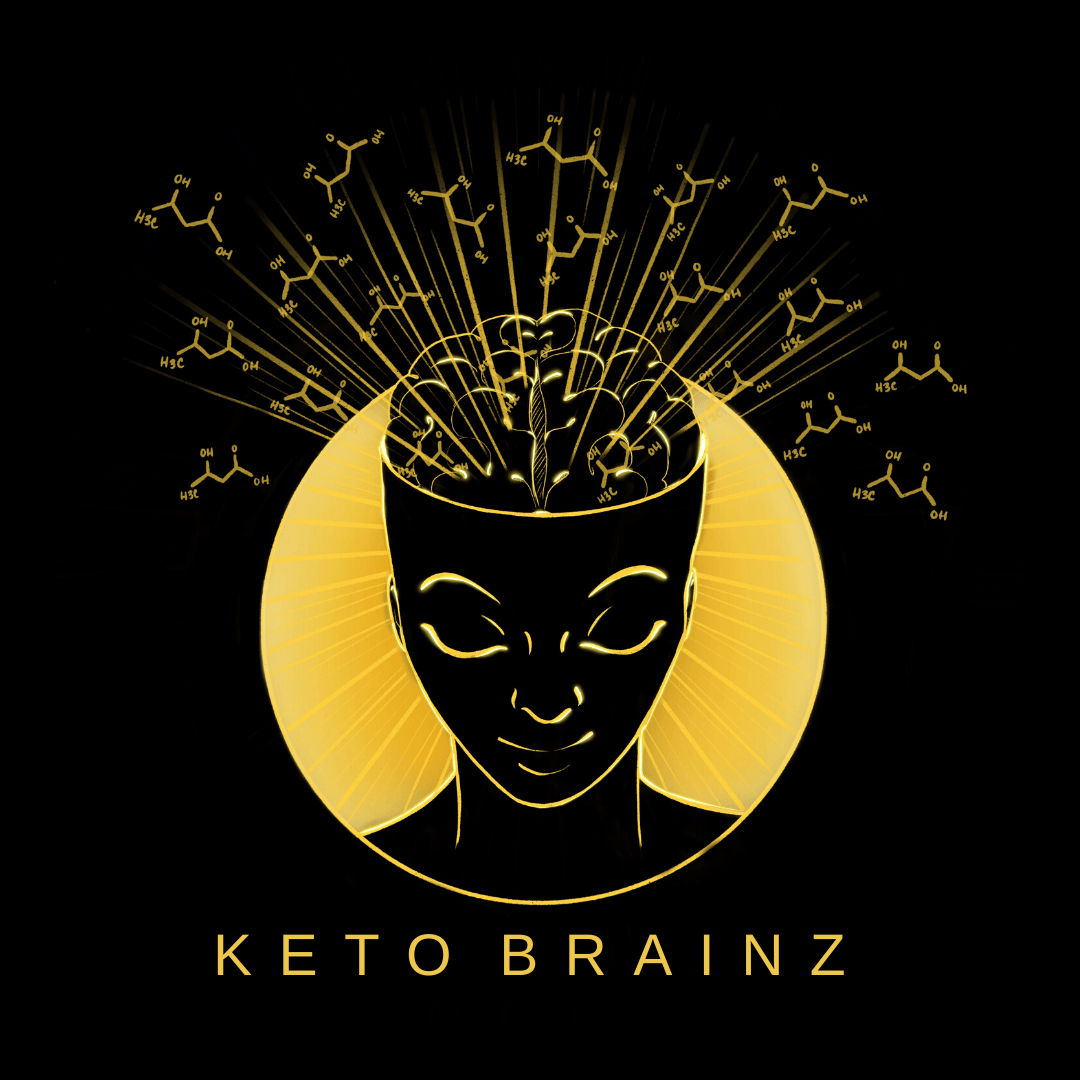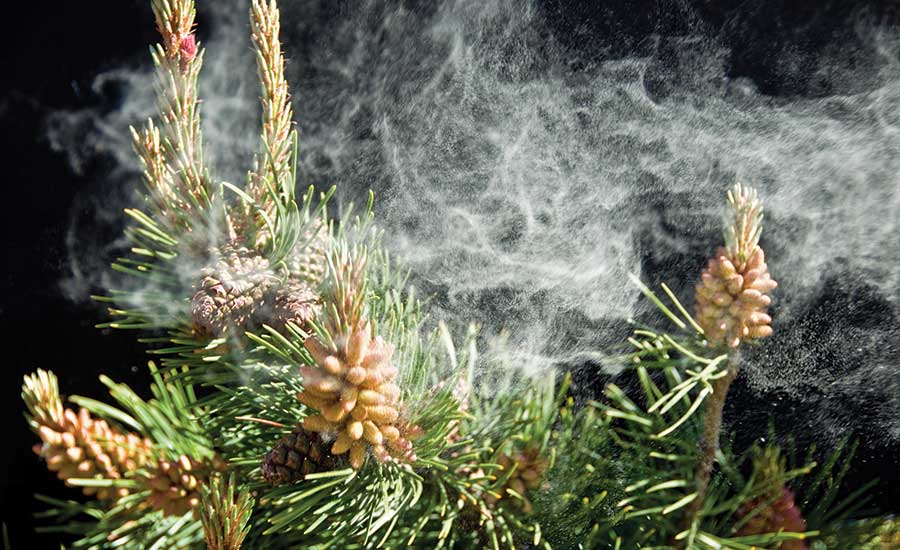 Pine Pollen: Nature’s Testosterone Booster?
Pine Pollen: Nature’s Testosterone Booster?
This is "superfood" we've played with over the years, and one i'm going to add back into the mix! It's not the most delicious of coffee additions, but I like the benefits and I'm happy to have one not-so-tasty coffee each morning if it means I get a daily dose of this vitality boosting pollen!
Pine pollen has been celebrated in traditional medicine - particularly in Chinese herbalism - for centuries. Current interest in pine pollen stems from its potential to support hormonal balance, boost libido, and enhance overall vitality. This blog takes a dive into the science and benefits of pine pollen, focusing on its hormonal effects.
What Is Pine Pollen?
Pine pollen is the male reproductive material of pine trees, collected from species like Pinus massoniana or Pinus sylvestris. It’s packed with nutrients, including vitamins (A, B-complex, C, D, E), minerals (zinc, magnesium, selenium), amino acids, and antioxidants. What makes pine pollen stand out, however, is its unique profile of phyto-androgens—plant-based compounds that mimic male sex hormones like testosterone. These compounds are sparking excitement for their potential to support hormonal health in both men and women.
Hormonal Balance: The Power of Phyto-Androgens
Pine pollen contains naturally occurring androgens, including testosterone, dehydroepiandrosterone (DHEA), androstenedione, and androsterone. These phyto-androgens are bioavailable, meaning the human body can absorb and utilize them to support hormone levels. While research on pine pollen is still emerging, studies suggest these compounds may help balance the ratio of androgens to estrogens, which is critical for overall health.
-
Testosterone Support
Testosterone is essential for energy, muscle mass, libido, and mental clarity in both men and women. As we age, testosterone levels naturally decline, leading to symptoms like fatigue, reduced sex drive, and difficulty maintaining muscle. Pine pollen’s phyto-testosterone may help replenish these levels. A 2019 study published in Phytotherapy Research noted that pine pollen extracts increased testosterone production in animal models by stimulating Leydig cells in the testes, which are responsible for testosterone synthesis. -
DHEA and Anti-Aging
DHEA, often called the “youth hormone,” supports energy, immune function, and stress resilience. Pine pollen is one of the few natural sources of DHEA, which may help combat age-related declines in hormone production. By supporting DHEA levels, pine pollen could promote vitality and slow some effects of aging, such as muscle loss or cognitive fog. -
Estrogen-Androgen Balance
Hormonal imbalances, such as excess estrogen relative to androgens, can lead to weight gain, hair thinning, and mood swings. Pine pollen’s androgens may help restore equilibrium, particularly for men experiencing symptoms of low testosterone or women with conditions like polycystic ovary syndrome (PCOS), where androgen levels are often disrupted.
Libido and Sexual Health
A healthy libido is a reflection of balanced hormones, adequate energy, and overall well-being. Pine pollen’s phyto-androgens may enhance sexual desire and performance by supporting testosterone and DHEA levels. While direct human studies on pine pollen and libido are limited, anecdotal reports and traditional use suggest it can spark vitality and sexual energy.
- Men: Higher testosterone levels are linked to improved libido, erectile function, and sperm quality. A 2021 study in Andrologia found that bee pollen (a related substance) improved male fertility parameters in rats, and pine pollen’s similar androgenic profile suggests comparable benefits.
- Women: Balanced androgens can enhance libido, energy, and mood in women, particularly during menopause when hormone levels fluctuate. Pine pollen may also support female reproductive health by improving vitality and reducing fatigue.
Beyond Hormones: Additional Benefits
Pine pollen’s hormonal effects are just part of its appeal. Its nutrient density and bioactive compounds offer broader benefits:
- Energy and Vitality: The B vitamins, amino acids, and antioxidants in pine pollen combat fatigue and support cellular energy production.
- Muscle Maintenance: Testosterone and DHEA promote muscle protein synthesis, making pine pollen a potential ally for athletes or those combating age-related muscle loss.
- Anti-Inflammatory and Antioxidant Effects: Pine pollen contains flavonoids and other antioxidants that reduce inflammation and protect against oxidative stress, supporting overall health.
- Hair and Skin Health: By balancing hormones and providing nutrients like zinc and selenium, pine pollen may help manage hair thinning and promote healthy skin.
Pine Pollen and Nature’s Rhythms
The hormonal benefits of pine pollen align with nature’s seasonal cues. In spring, when pine trees release their pollen, many animals experience hormonal surges tied to longer daylight and abundant resources. For example, mammals like deer and elk show increased testosterone and mating behavior in spring, partly due to environmental triggers. While pine pollen itself isn’t a direct “libido booster” for animals, its nutrient density and phyto-androgens likely contribute to the vitality needed for reproductive success. Humans, too, can tap into this seasonal energy by incorporating pine pollen into their wellness routines.
How to Use Pine Pollen
Pine pollen is available as a powder, tincture, or capsule. Here’s how to incorporate it:
- Powder: Add 1/2 to 1 teaspoon to smoothies, tea, or yogurt. Its nutty flavor pairs well with honey or fruit.
- Tincture: Tinctures are concentrated and may enhance bioavailability of phyto-androgens. Follow dosage instructions (usually a few drops daily).
- Capsules: Convenient for consistent dosing, especially for those on the go.
Note: Start with a small dose to assess tolerance, as some people may be allergic to pollen. Consult a healthcare provider, especially if you have hormone-sensitive conditions like prostate issues or breast cancer.
The Science Gap and Future Potential
While pine pollen shows promise, human clinical trials are sparse. Most evidence comes from animal studies, traditional use, and preliminary research. For example, a 2020 study in Journal of Ethnopharmacology highlighted pine pollen’s antioxidant and anti-inflammatory effects but called for more research on its hormonal impact in humans. As interest grows, we can expect more rigorous studies to clarify its benefits.
Conclusion: A Natural Ally for Hormonal Health
Pine pollen is a fascinating gift from nature, offering a unique blend of phyto-androgens, nutrients, and antioxidants. Its potential to support testosterone, DHEA, and hormonal balance makes it a compelling option for those seeking to boost energy, libido, and vitality. While more research is needed, pine pollen’s traditional use and emerging science suggest it’s a worthy addition to a holistic wellness routine.
Sources:
- Phytotherapy Research (2019): Pine pollen and testosterone production.
- Andrologia (2021): Bee pollen and male fertility.
- Journal of Ethnopharmacology (2020): Antioxidant effects of pine pollen.
- National Institutes of Health: Pollen and reproductive health.
- Dr. Deanna Minich: Bee pollen and testosterone.


